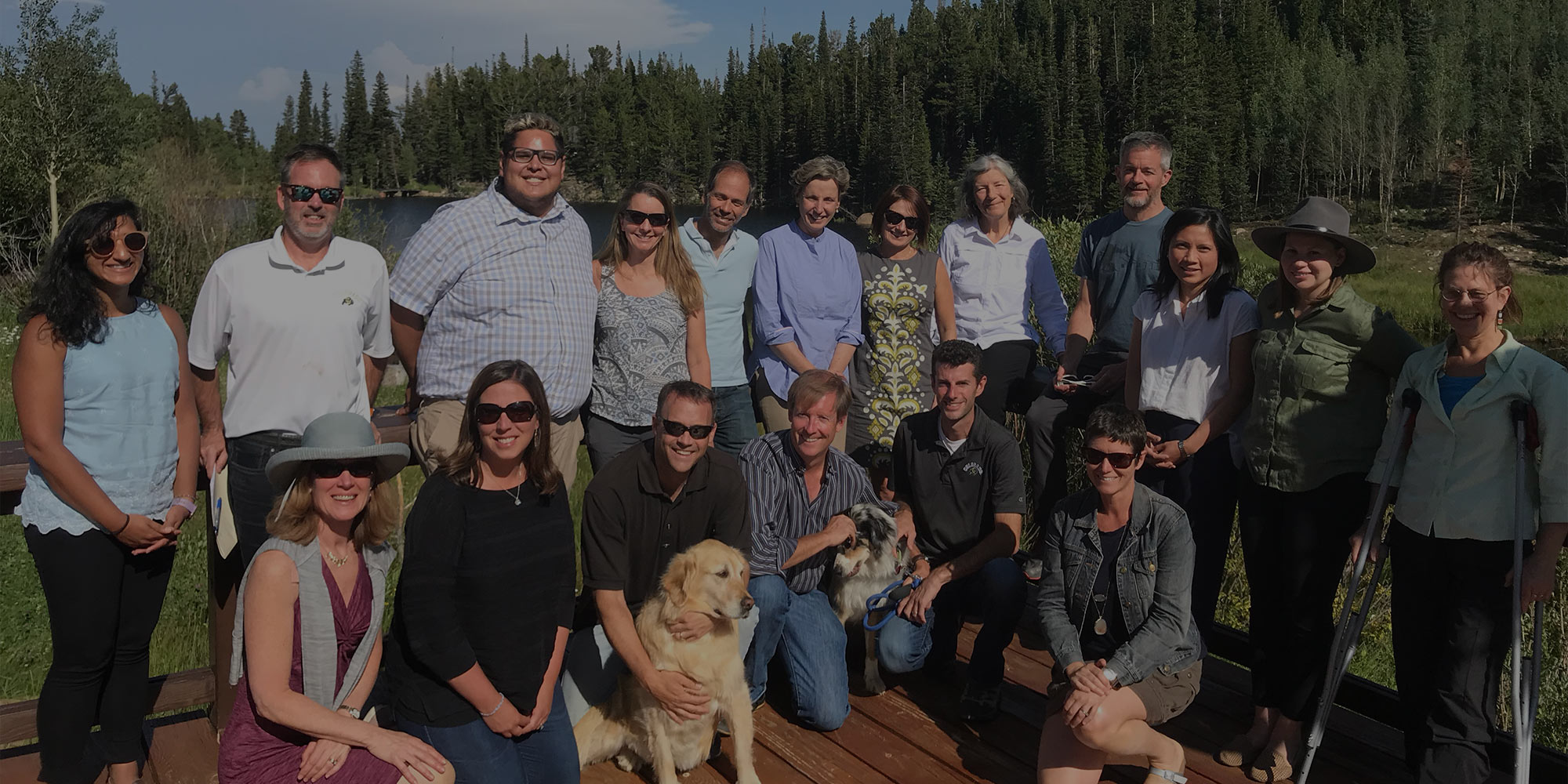In the summer of 2018, Christy floated the idea of moderating mini seminars with college students. At that point, it was an age group with which I had relatively limited contact. As a newly minted college graduate, I had worked as a bilingual teacher in New Jersey public schools. Then I pivoted into finance, investment banking, fund management and consulting. Along the way, I had served on boards of various schools and volunteered in countless classrooms. They ranged from elementary school through middle- and high school. Besides recruiting on campus on behalf of banks I worked for, I never had an opportunity to work with college students. I was intrigued.
The next summer, Christy invited me to join a cohort of moderators getting trained with the director of the Aspen Institute Seminars, Todd Breyfogle, and his wife Allyson Sudborough. A reading packet arrived in my mailbox including: a Sufi folk tale, Story of Fire, Tzu’s Woodcarver, Adiche’s Danger of a Single Story and Orwell’s Shooting an Elephant. As a Comparative Literature major, I found the readings compelling, but I was relatively certain that what would follow was not an academic discussion and literary criticism of each work. I was right.
Todd and Allyson began by giving an overview of the program. This was not about knowing who was a protagonist or which literary tradition each work represented. These texts were to be used as a “third object” to facilitate conversation about much larger themes, including justice, humanity, fairness, community, human nature, and countless others. Generally, it is easier to broach complex themes with groups of students in the context of something else. It is easier to discuss justice with a story like Shooting an Elephant on hand rather than to ask students to describe in the abstract what a just society may look like. Seeing familiar texts as a springboard to something else was a revelation for me. Todd and Allyson suggested that these seminars would lead to a better understanding of what working toward greater good may involve.
The first time I was in a classroom with Christy working with the Leeds Scholars, I was terrified. I read plenty of articles and research papers about current college students not reading, not looking up from their phones, too entangled in social media to care about the world around them. To my great surprise, everyone had done their readings. On the menu was Aristotle, not an easy text. We moved from questions about the texts to what community meant to them. The conversation shifted towards a discussion of their own communities, of which there were many: college, sororities, fraternities, sports teams, families, towns, states, and countries. How were they contributing to those communities? What did it mean to be a part of a community? Did it involve any compromises on their part to be a member of a society? What freedoms did they have to give up for the greater good? How did those compromises feel given their own values?
I walked out of the college classroom thinking this was one of the best discussions. Ever. Forget that the data about disengaged students. They jumped in head first and their passion was contagious. I was hooked. These conversations have been feeding me ever since. They nourish my soul and fill my heart with hope that we have a very strong, mindful and thoughtful generation of leaders coming up.
If you are interested in becoming a moderator, please contact us.
